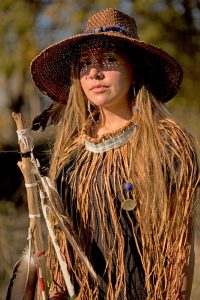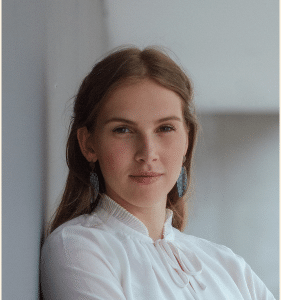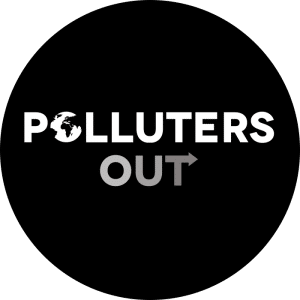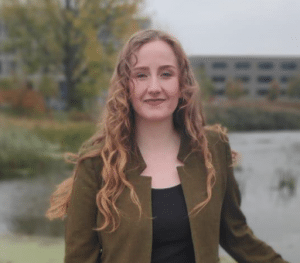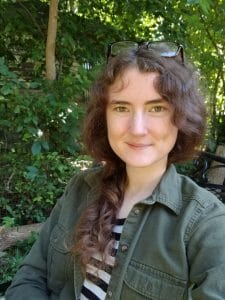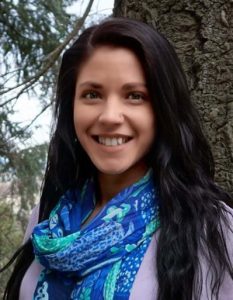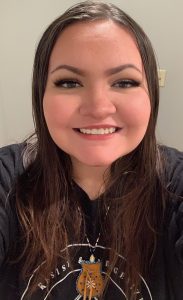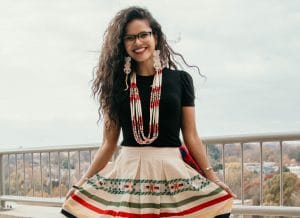To the youth with the fire,
————————————————————
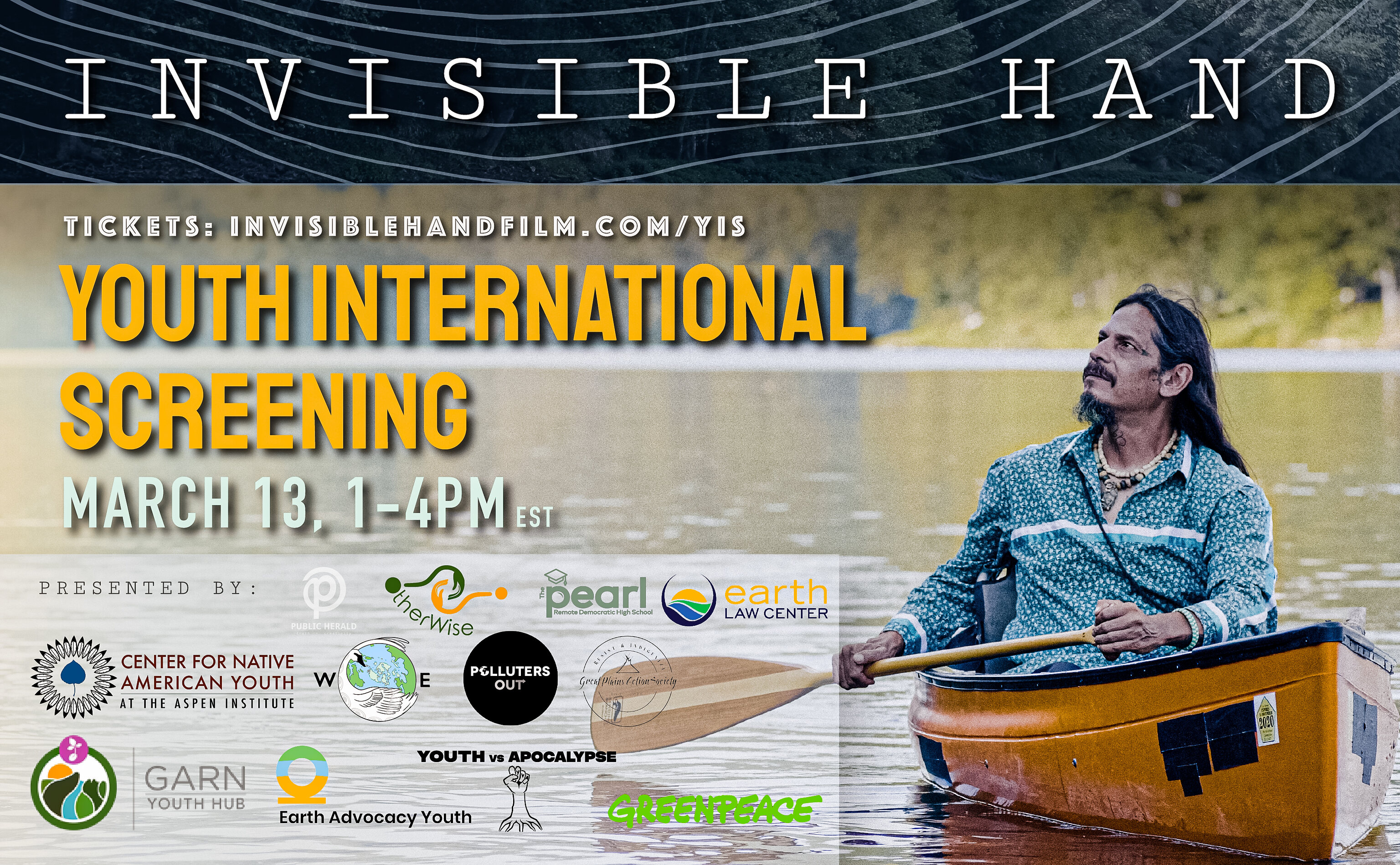
Reserve your tickets to this event: www.invisiblehandfilm.com/yis © INVISIBLE HAND
FOR IMMEDIATE RELEASE: February 9, 2021
CONTACT: Joshua Pribanic (Co-director), Melissa Troutman (Co-director), joshua@publicherald.org, melissa@publicherald.org, 419-202-8503, 724-388-0464
International Youth Organizations Join Mark Ruffalo to Screen Rights of Nature Documentary
“You have to know how the world you live in works, and what you can do to play a fundamental role in decision-making in that world. That is what we have to teach in school, how to be a democratic citizen.” Art Pearl, Professor of Democracy (1922-2018)
On March 13, ten organizations around the globe will present a Youth International Screening of the award-winning Rights of Nature documentary, INVISIBLE HAND, from Executive Director Mark Ruffalo and Directors Joshua Boaz Pribanic and Melissa Troutman.
“What this documentary is offering the youth is a way forward through Rights of Nature,” says Ruffalo. “You hear time and time again that a corporation has the rights of a person. The idea that Nature has no rights whatsoever is absurd.”
Anyone wishing to attend should reserve their tickets at: https://invisiblehandfilm.com/yis (tickets will be free for anyone but adults are encouraged to donate). The film starts at 1:00 p.m. EDT on the day of the screening, with the youth panel beginning at 2:45. Audiences will have the opportunity to discuss the latest Rights of Nature ideas with Mark Ruffalo, youth leaders, The Pearl School, and filmmakers.
“Indigenous people have been advocating for Rights of Nature since time immemorial,” says Sadie Olsen from We R Native/White Swan Environmental, an event partner, who wants to highlight indigenous legacy to the audience at the event. “It’s exciting to be able to advocate for the health of this generation and for the seventh generation for sustainability.”
“INVISIBLE HAND opens a door. It shows how all communities could take a new path to create an economy and government that honors Nature’s Rights,” says the film’s co-director Joshua Boaz Pribanic. “Everyone should see this film to think about how Rights of Nature could be a chance to heal our genocidal history, and to stop the ecocide of capitalism.”
Hana Begovic of Earth Advocacy Youth is one of the ten speakers for the event and points out that, “If we want to change the system, we must change the narrative.” Lauren Tarr of the GARN Youth Hub adds to this urgency for change, “We cannot solve environmental problems using the same anthropocentric values that created them.
“Our legal system is rigged to commodify Nature, to favor private property above Life,” says co-director Melissa Troutman. “It’s a system that makes it perfectly legal to harm innocent people without their consent and threaten the survival of the planet.”
For Anastasia Swenia Körner at OtherWise Wageningen, “Giving rights to Nature is the most sensible next step towards a green future.”
And Sarah O’Mahony from Polluters Out says she wants to talk with audiences on March 13 about how, “Climate justice means justice for everyone, for people, Nature, and every living being on our planet.”
Alexandrea Flanders of the Great Plains Action Society forewarns, “If we aren’t able to step up and protect our land and natural resources, then we shouldn’t be allowed to harvest from it either.”
For Michelle Bender at Earth Law Center, she’s hoping the youth attend the event to discuss how, “to transform our legal and governance systems to recognize that we are in a reciprocal relationship with each other and the Earth, and we have responsibilities to respect and protect that which sustains us.”
After seeing the film, Nikki Pitre (Coeur d’Alene Tribe), Executive Director of the Center for Native American Youth, said, “INVISIBLE HAND is a powerful tool that can educate and engage youth on the Rights of Nature and the importance of protecting Mother Earth.”
The Youth International Screening event is being presented by: Greenpeace, GARN Youth Hub, Earth Advocacy Youth, Youth vs. Apocalypse, Center for Native American Youth, Whiteswan Environmental, Polluters Out, Great Plains Action Society, OtherWise Wageningen, Earth Law Center, and hosted by Public Herald Studios on behalf of The Pearl Remote Democractic High School. Part of proceeds will go to The Pearl scholarship where students benefit from being part of a dynamic international learning community while being supported by mentors, educators, and professionals.
Full Quotes from our Screening Partners:
